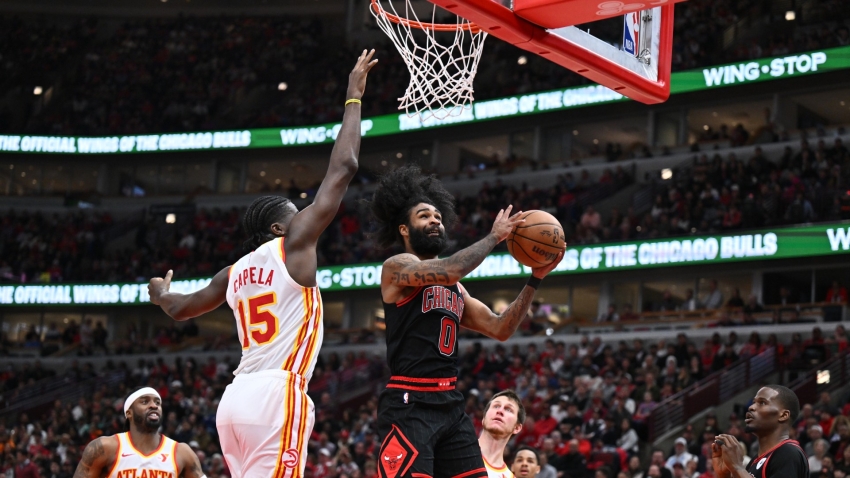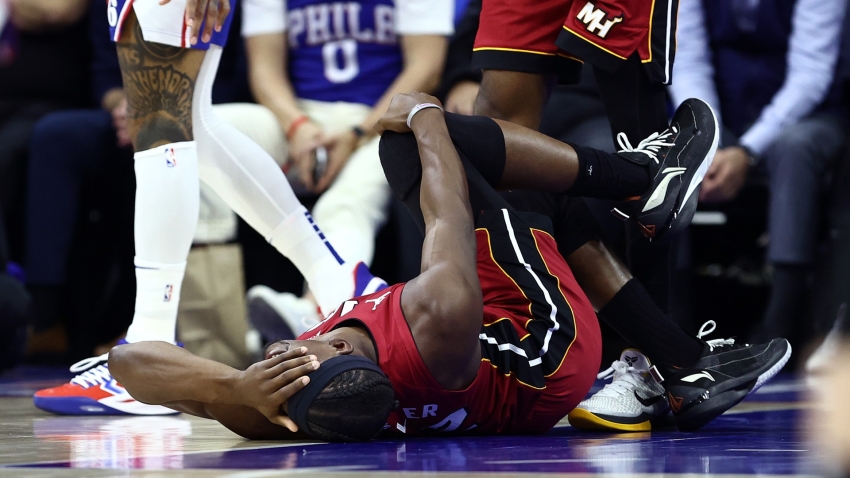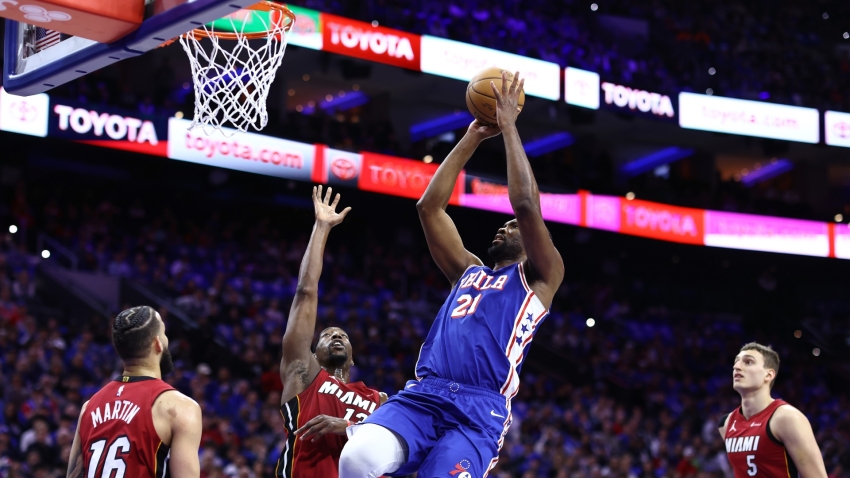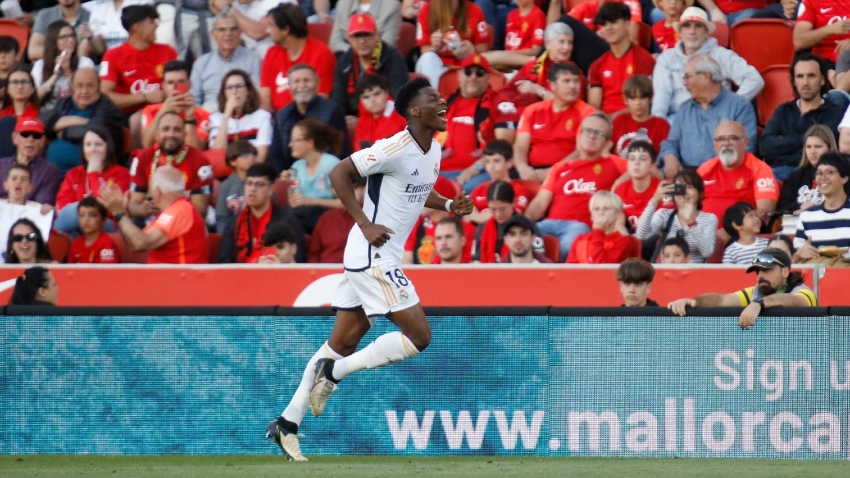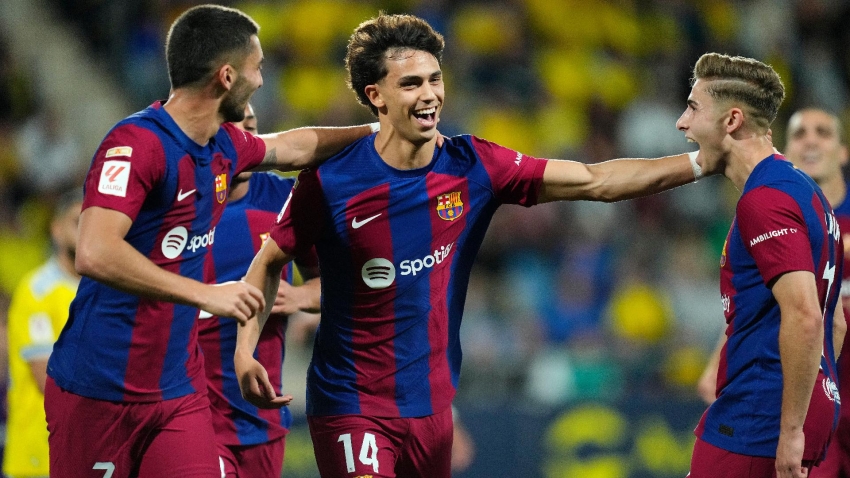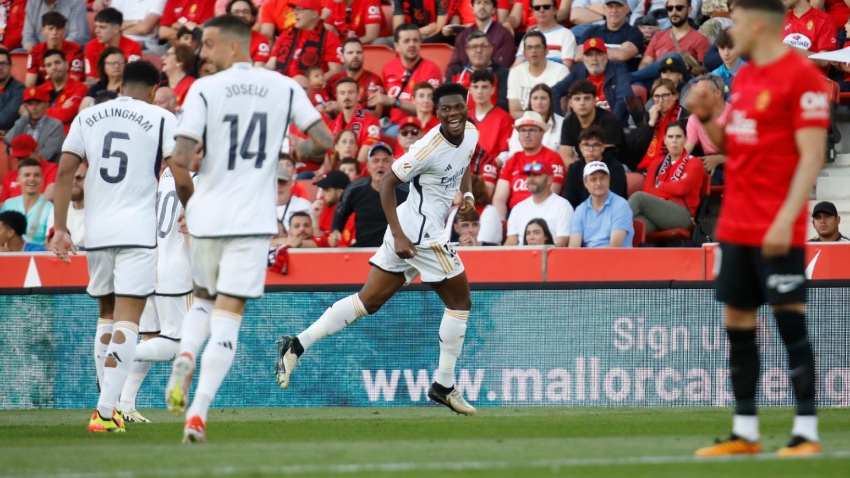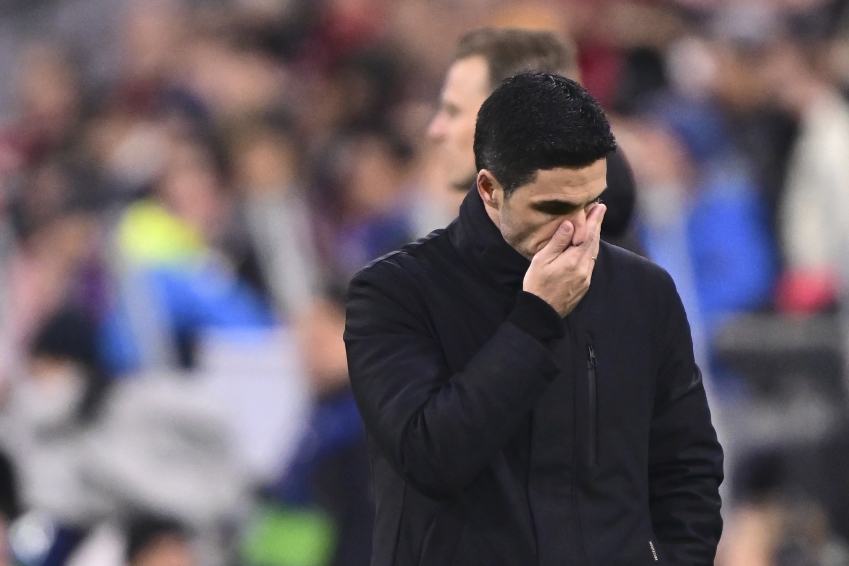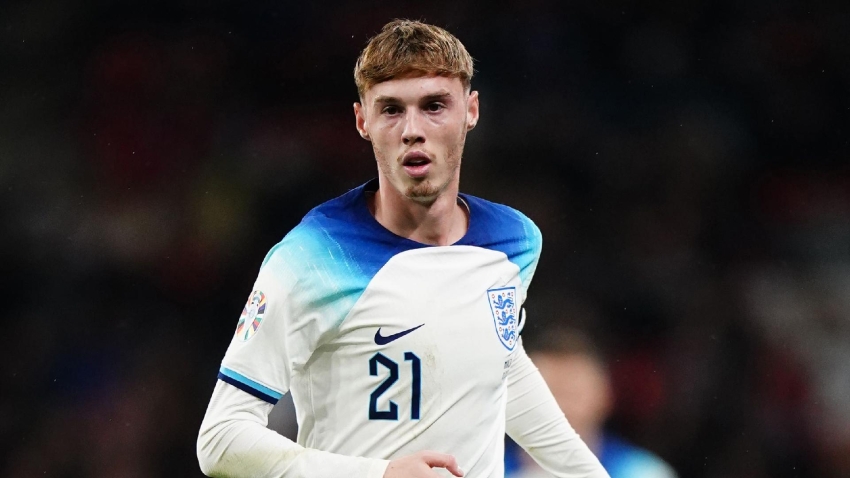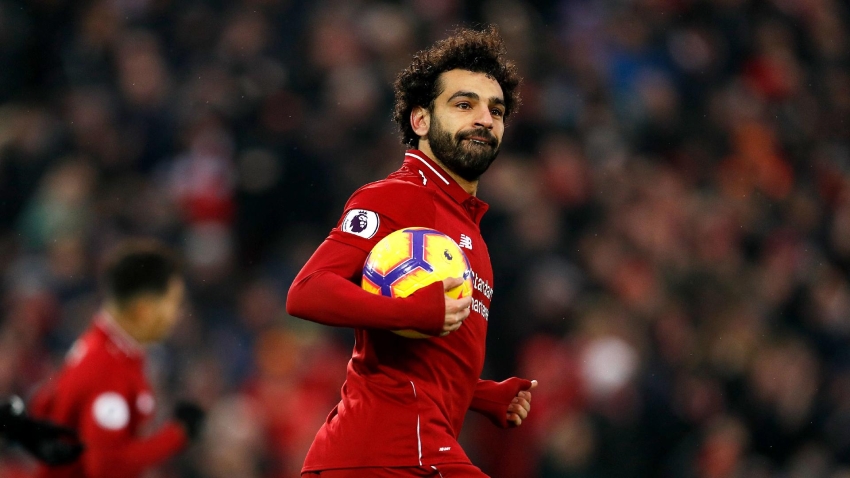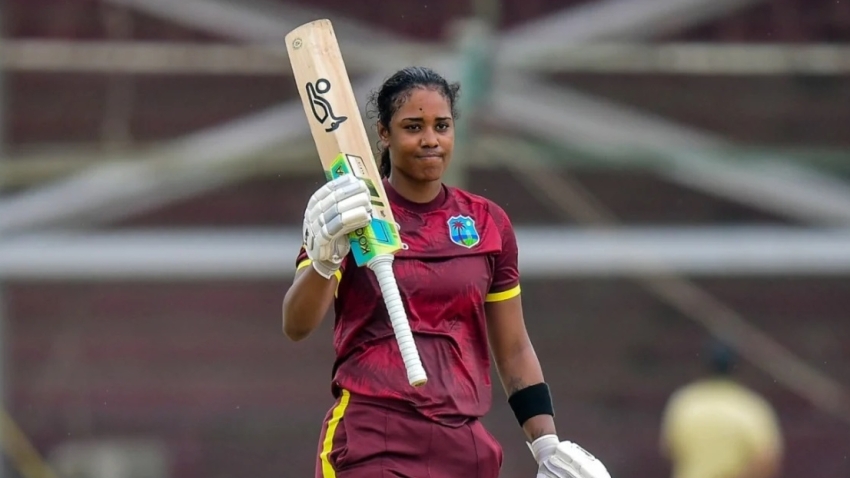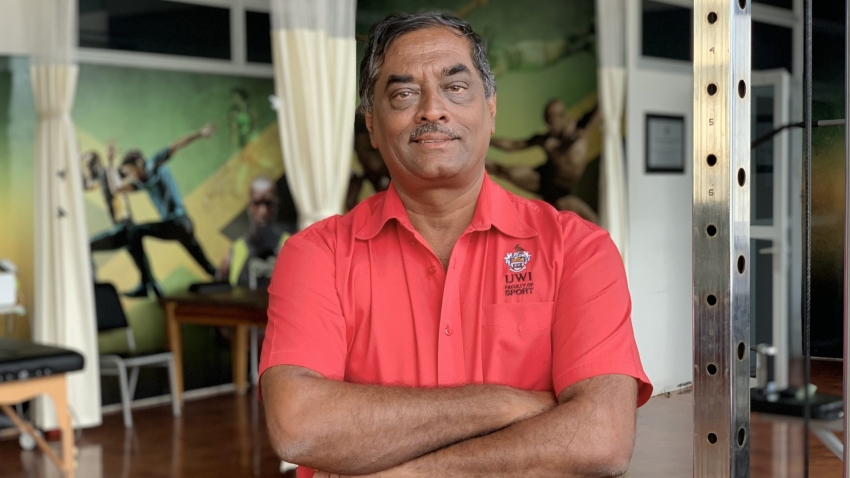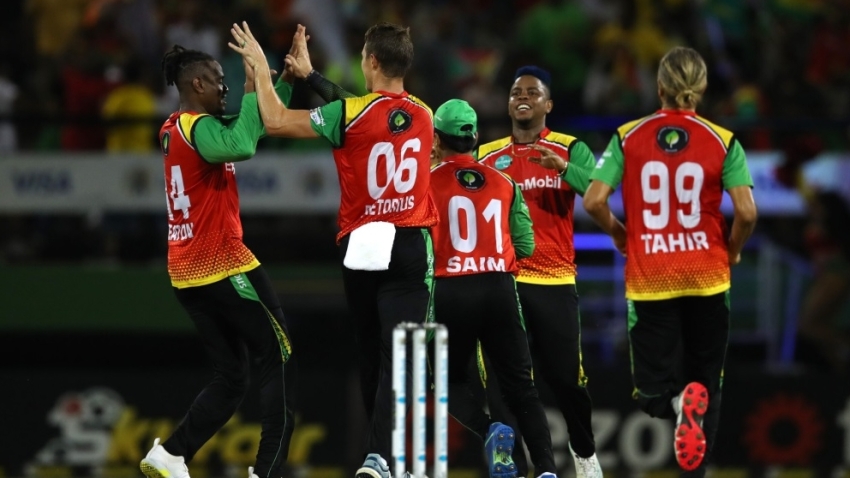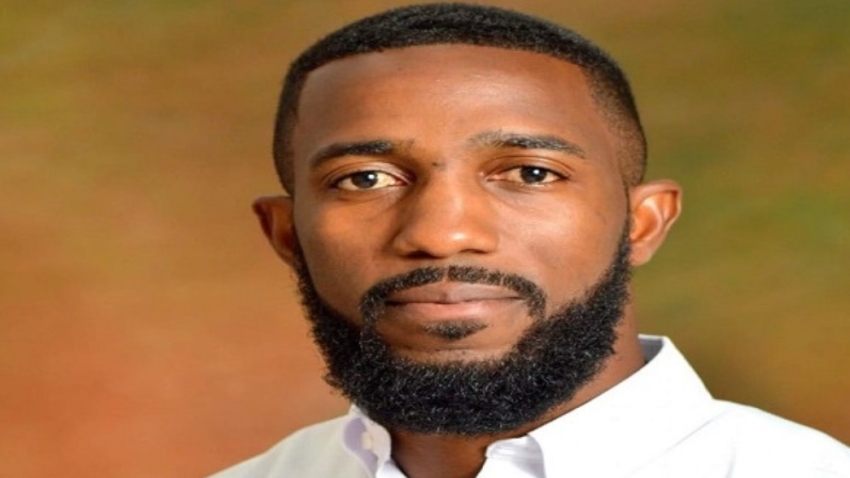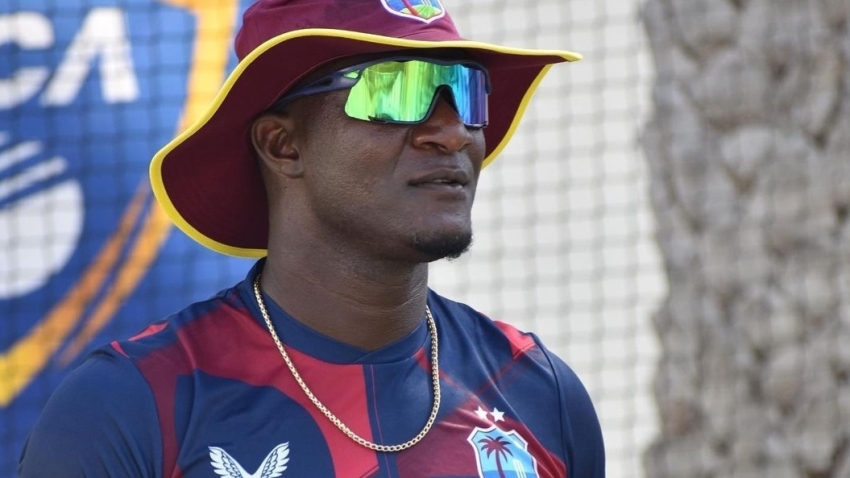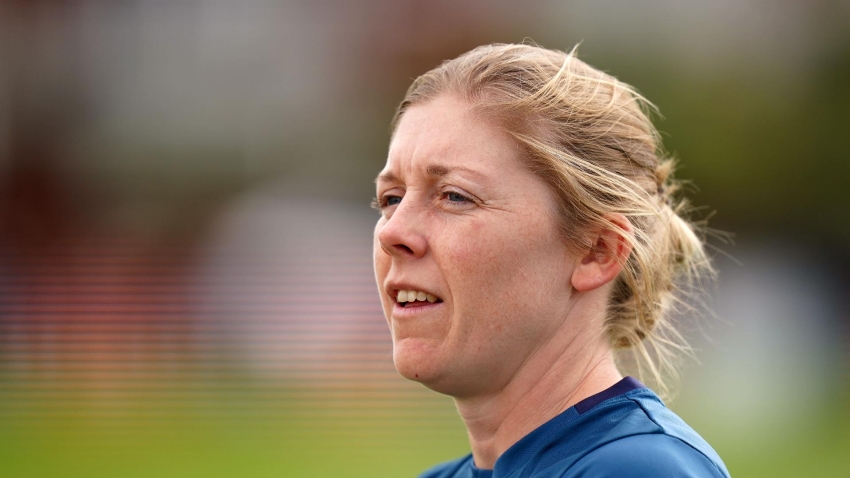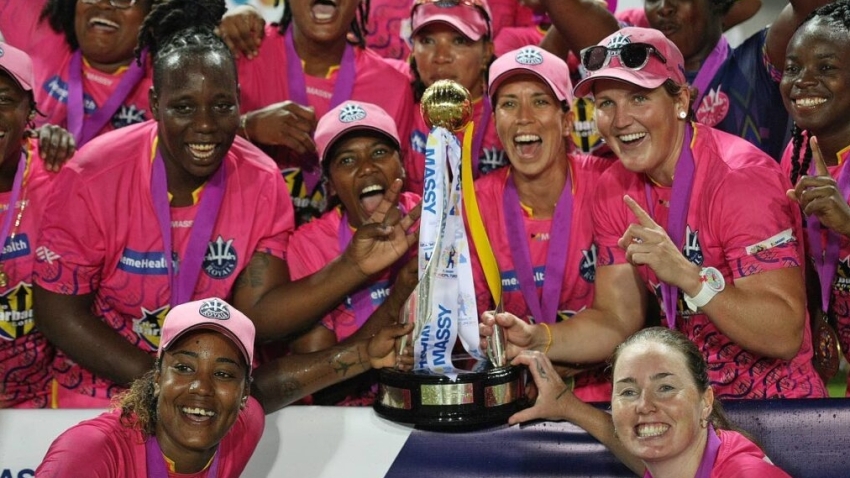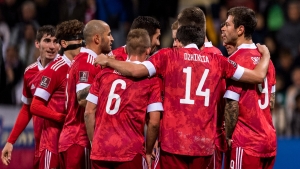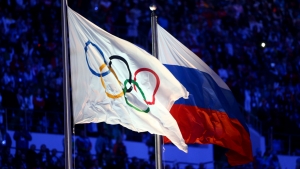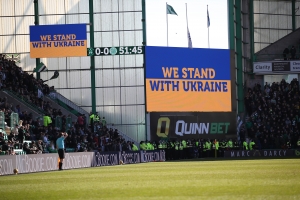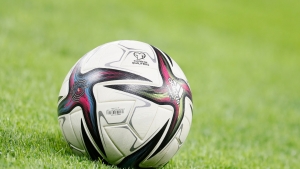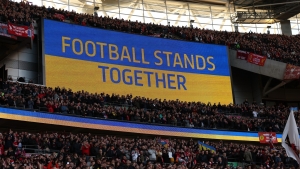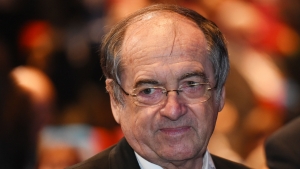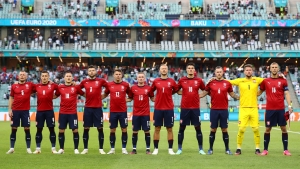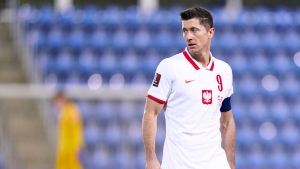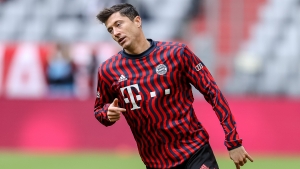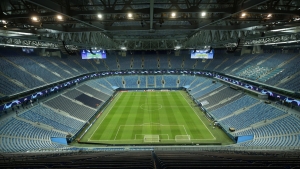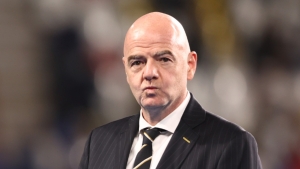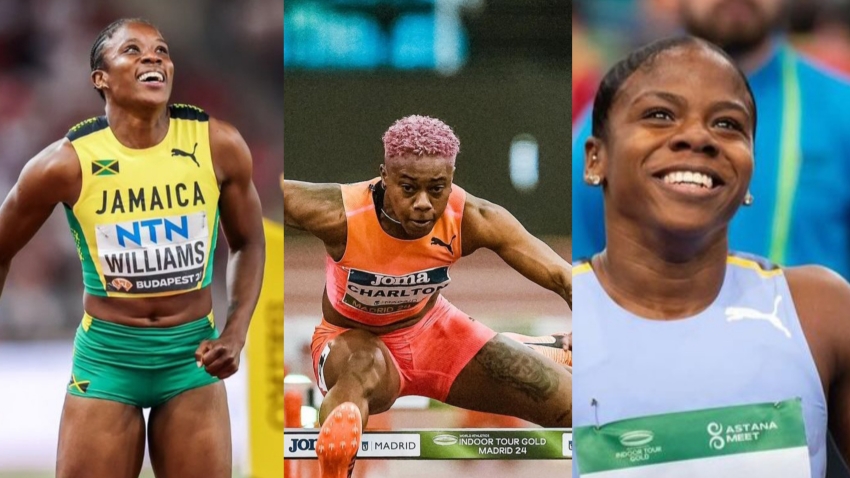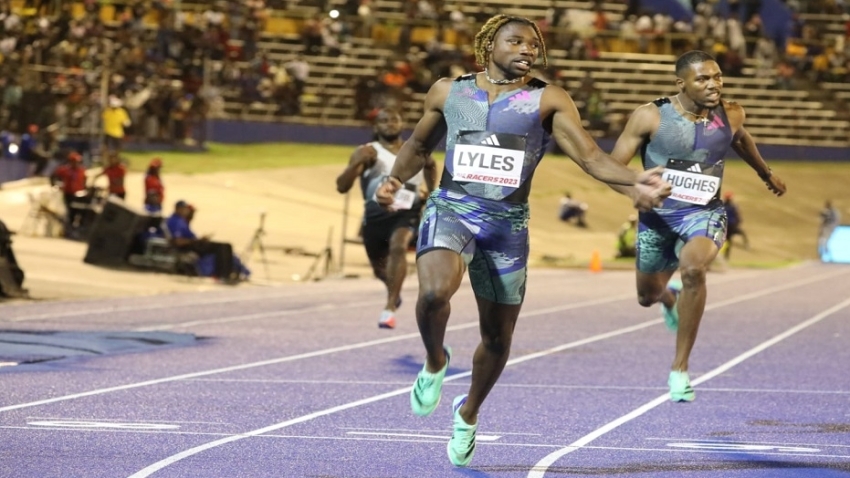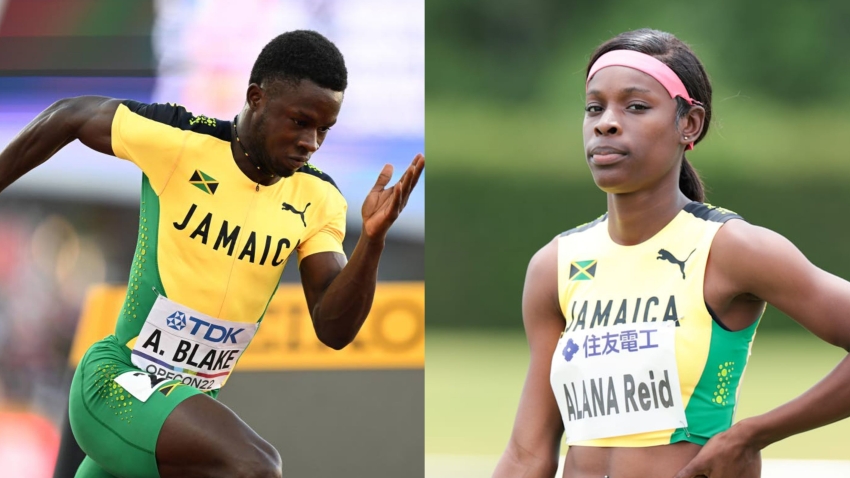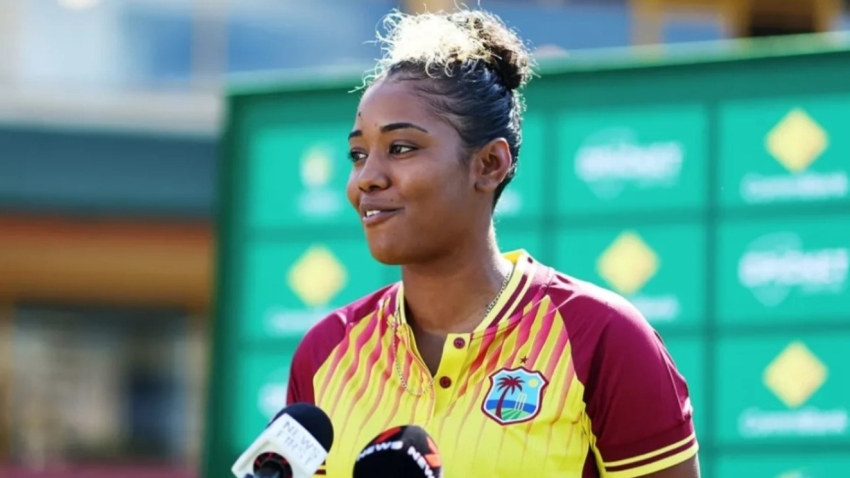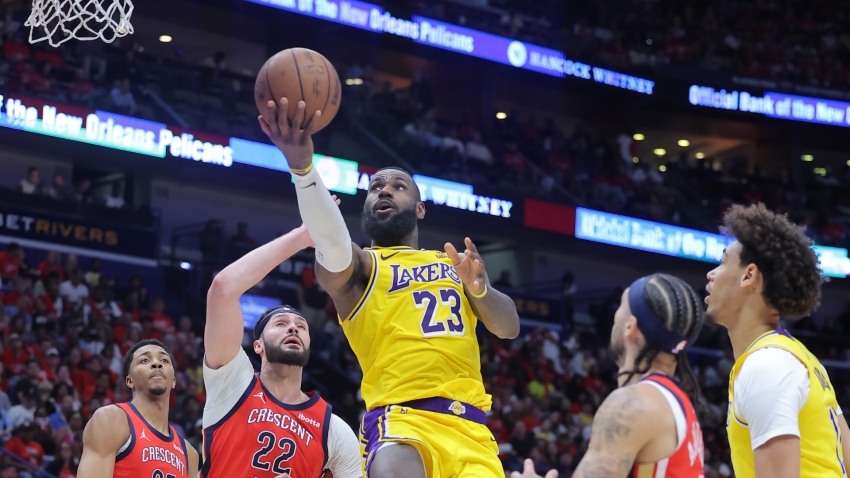UEFA's decision to move the Champions League final from St Petersburg to Paris has been criticised by the Russian Football Union (RFU), which believes the move was "dictated by political reasons".
The decision came after European football's governing body condemned Russia's invasion of Ukraine on Thursday and called an emergency meeting of the executive committee to discuss the situation.
It is understood UEFA agreed to relocate the final on Thursday, the first day of Russia's military assault, which continued on Friday. An announcement was delayed while a suitable new venue was selected.
The match will now be held at the Stade de France in Saint-Denis, Paris at the original time of 20:00 GMT (21:00 CET) on May 28.
It was also ordered that all Russian and Ukrainian club sides, as well as the national teams, must play their home matches at neutral venues "until further notice" during competitions that fall under the auspices of UEFA.
The RFU criticised UEFA's announcement, adamant the Krestovsky Arena was still able to meet requirements, including from a safety perspective.
RFU president Alexander Dyukov, who is also chairman of majority state-owned Russian energy company Gazprom, which sponsors the Champions League and the Krestovsky Stadium, said: "The Russian Football Union has been acting as a reliable partner of UEFA for a long time, not only fulfilling all the necessary obligations, but also offering and providing comprehensive support in the implementation of new projects and holding major competitions.
"The most important and prestigious of them was to be the UEFA Champions League final in St Petersburg, preparations for which have continued to this day and fully met all the requirements, including from the point of view of safety.
"We believe that the decision to move the venue of the Champions League final was dictated by political reasons. The RFU has always adhered to the principle of 'sport is out of politics', and thus cannot support this decision.
"The RFU also does not support the decision to transfer any matches involving Russian teams to neutral territory as this violates the sports principle and infringes on the interests of players, coaches and fans.
"We are always ready to provide all the necessary guarantees for holding international football matches in Russia with a high level of organisation and security."
The RFU's statement also noted that it will continue its preparations to host Poland in Moscow in next month's World Cup qualifying play-off after the Polish Football Association (PZPN) and its counterparts from Sweden and the Czech Republic – either of whom could play Russia in the second play-off finals – signed a joint statement saying they would not play matches in the country.
The RFU added: "The introduced restrictions do not apply to the matches of the qualifying stage of the World Cup in Qatar, held under the auspices of FIFA on March 24 and 29. The RFU continues to prepare for them as planned."


